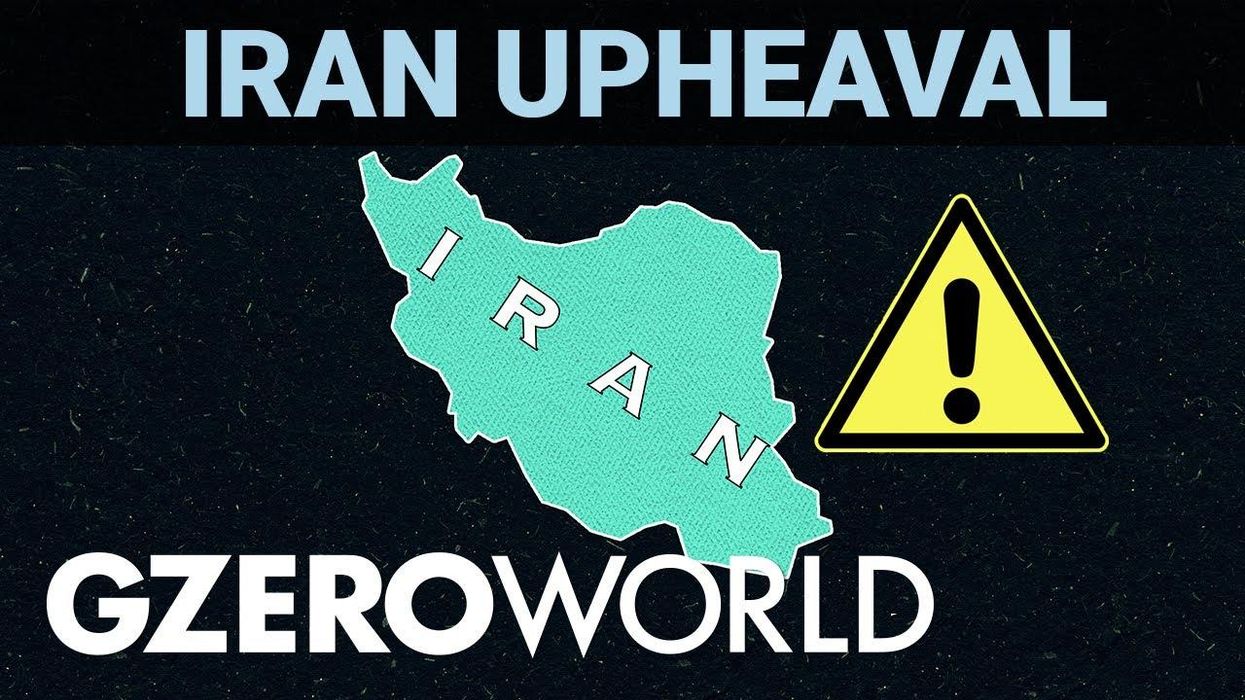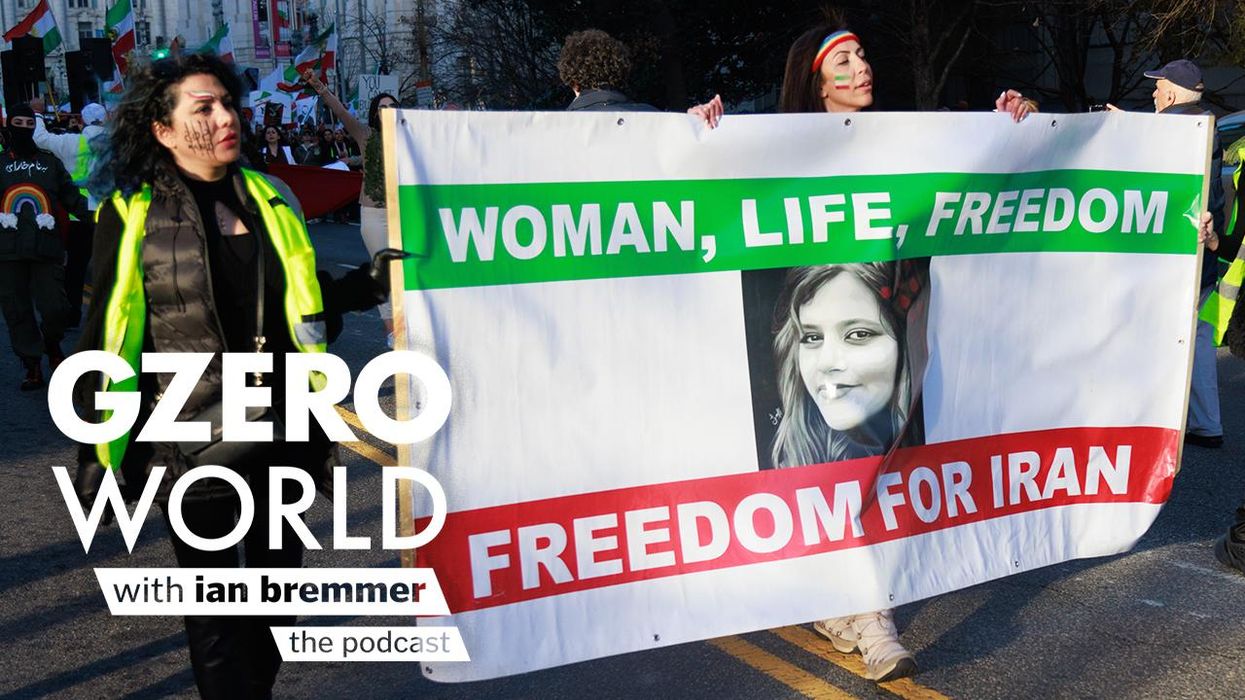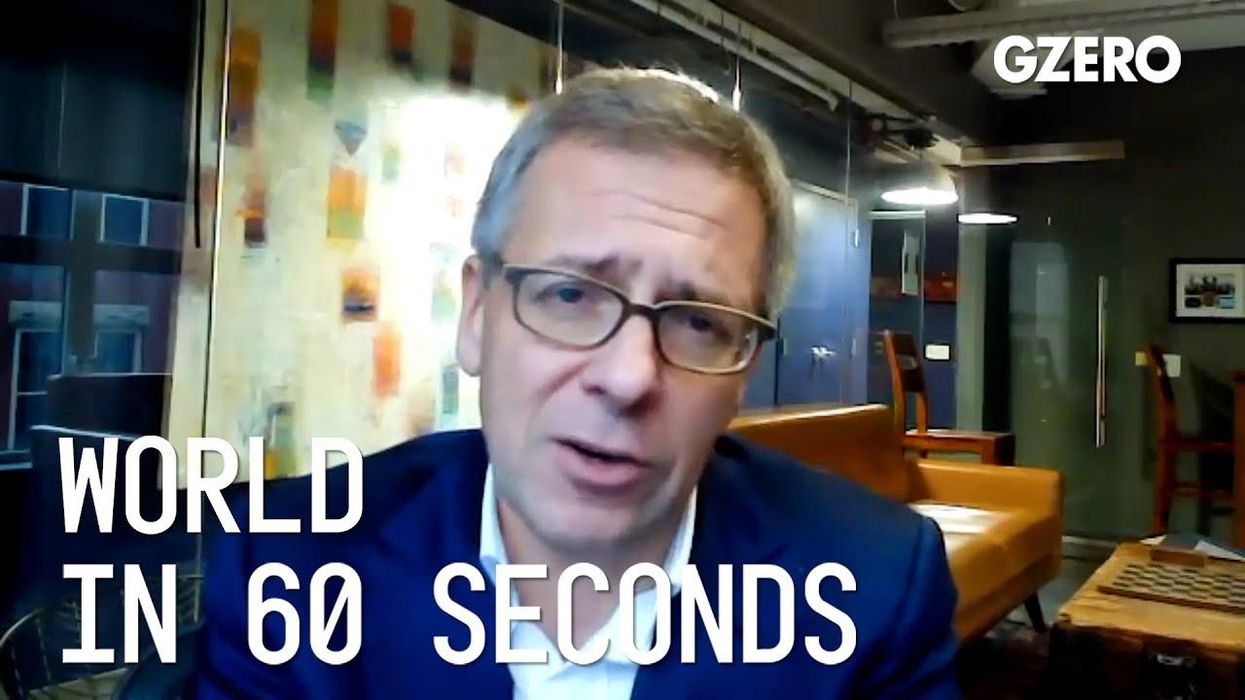GZERO World with Ian Bremmer
Iran v. the Islamic Republic: Fighting Iran’s gender apartheid regime
Woman, life, freedom. Those three words have filled the streets of Iran since the ongoing women-led protests against the regime, the biggest since 2009, began last September. How did Iranian women get here? On GZERO World, Ian Bremmer speaks to Iranian journalist and activist Masih Alinejad.
Dec 12, 2022



